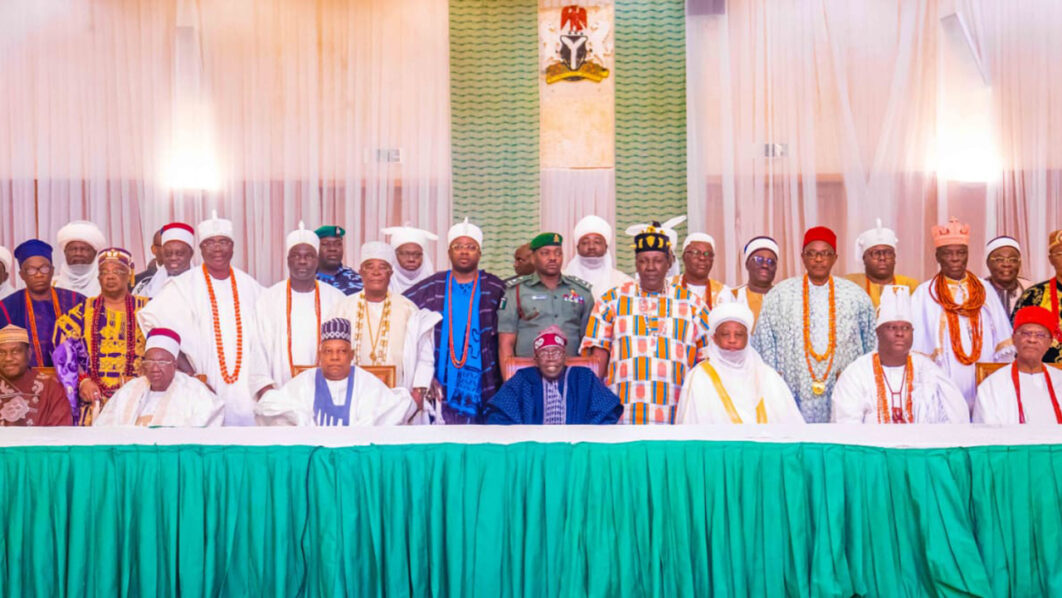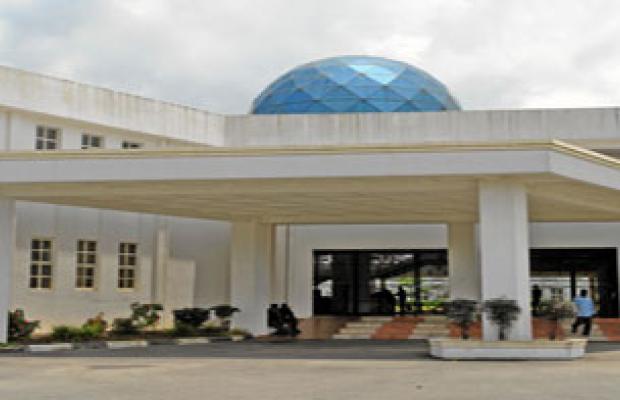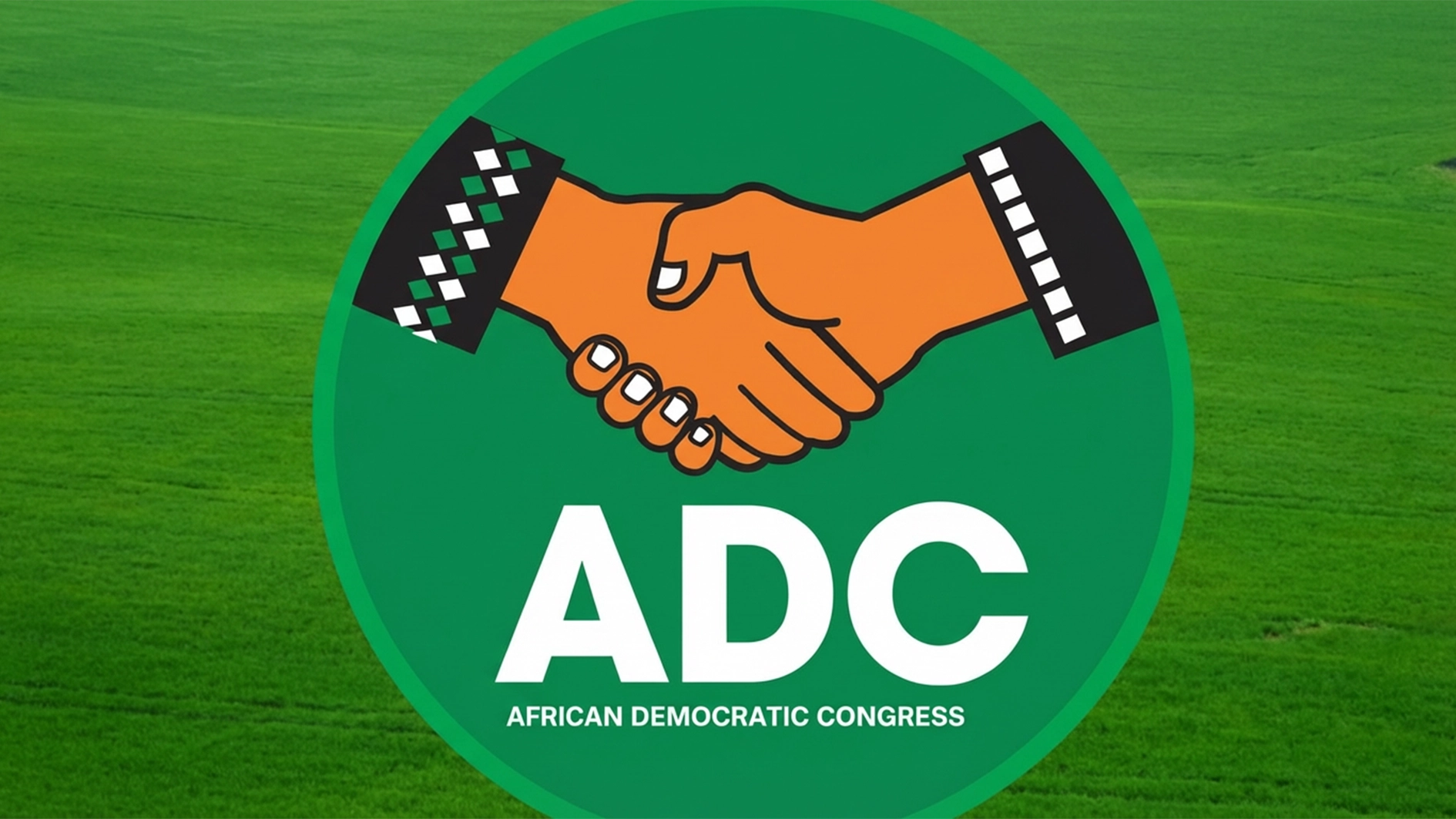
Citing many instances where the outcry by Nigerians forced the government to suspend policies considered as anti-people, LAWRENCE NJOKU, in this report, examines the place of citizens’ vigilance in a thriving democracy.
Since governance is mainly about welfare and security of the people, policy formulation and execution mechanism that drives governance process requires significant input from the citizenry. Lately, instances abound where government policies were modified as a result of interventions by the vigilant segment of the society. And with a positive disposition from the holders of the state power by being responsive to public outcry against what is considered anti-people policies, democratic culture will begin to grow expeditiously.
Recently, the vigilance, anger and pressure of Nigerians made the Inspector General of Police (IGP), Kayode Egbetokun, to announce the immediate suspension of the controversial electronic Central Motor Registry (e-CMR), whose implementation had been billed to commence on July 29, this year.
Egbetokun explained that the decision to suspend the policy was to allow more time for public education on the process, its benefits and its role in combating vehicle-related crimes and safeguarding vehicle ownership.
Earlier on July 13, precisely, the Nigeria Police Force (NPF) had given vehicle owners two weeks to register for the policy, which it noted would enhance security.
Force Public Relations Officer, Olumuyiwa Adejobi, had further explained that the registration would enhance change of ownership, change of licence number and change of chassis/body, stressing that e-CMR system would ensure the validation of vehicle genuineness and ownership, enhance the ability to track and recover stolen vehicles effectively and prevent the purchase of stolen vehicles.
“The enforcement of the e-CMR is necessary to ensure a safer and secure environment for vehicle ownership and decimate the trend of vehicle theft by greatly reducing the possibility of selling stolen vehicles in the country,” Adejobi had said.
The e-CMR, according to the police, is an advanced real-time online repository of vehicle data, designed to support its investigations, operational activities and combat vehicle-related crimes including terrorism, banditry, kidnapping and armed robbery.
It added that the transition to a digitalised system would streamline the documentation and verification processes for vehicle ownership and related transactions.
The e-CMR policy was actually introduced in July last year. But no sooner had the policy been announced than the Nigerian Bar Association Section on Public Interest and Development Law (NBA –SPIDEL) wrote to the Inspector General of Police to stop its implementation citing constitutional provisions.
It had reasoned that part of the responsibilities have been covered by the Federal Road Safety Commission and the Directorate of Road Traffic Services and the Motor Licencing offices in the various states of the federation.
The NBA had taken the matter of the legality of the policy further by instituting a suit at the Federal High Court, Abuja, in February this year. The matter is still pending in court.
So, when the Police attempted to begin the enforcement last week, the NBA and other Nigerians resisted it again, stressing that it was not constitutional, especially since the matter is still a subject of litigation in the court.
Chairman, NBA –SPIDEL, John Aikpokpo-Martins, had queried the rationale behind the proposed implementation of the policy, insisting that it was an affront to the court and therefore called on the IGP to quickly “retrace his steps on this issue and await the decision of the Federal High Court on the legality or otherwise of the policy.”
It was not the first time the vigilance of Nigerians on certain policies and actions of the government was coming to the fore to strengthen democracy.
Some months ago, the federal government had announced the suspension of the cybersecurity levy.
In May this year, the Federal Government had relied on public outcry to suspend the cybersecurity levy to enable the policy to be reviewed. Minister of Information and National Orientation, Muhammed Idris, while announcing the suspension had said: “The position of the government is that the policy has been suspended. It has been put on hold. That is the position of the government for now. It was reiterated in the council. So, I can tell you that the cyber security levy has been put on hold.”
The policy, which was to be implemented by the Central Bank of Nigeria (CBN), required mobile money operators and payment service providers to implement the levy as contained in the Cyber Crime Act 2024.
It was expected that all electronic transactions were to attract a levy of 0.5 per cent and the money remitted to the National Cyber security Fund overseen by the office of the National Security Adviser (NSA).
The policy was however greeted with outrage, even among National Assembly members, who had called for its withdrawal, describing it as “ambiguous”, adding that it possessed the potential to add to the sufferings of the people.
If the policy had been allowed, it would have added to the cost of making withdrawals from banks’ ATMs, short service mandatory alerts, electronic transfers and bill payments, among other services electronically obtained.
In 2013, a proposed plan to reintroduce toll gates on federal roads was widely resisted by Nigerians and the policy was suspended. The protests were basically because the roads were not in good shape as well as the burden it could foist on the road users.
There was also the outcry against the Water Resources Bill in 2020. The bill was aimed to centralise the control over water resources, a development the citizens saw as an attempt to dispossess them of their land and other natural resources, among others.
On several occasions also, attempts to remove fuel subsidies were met with resistance, especially from labour unions and the masses, forcing the various governments to either withdraw from it or cancel the plan entirely.
Speaking on the place of citizens’ vigilance in deepening democracy, the Executive Director, LEAD Network Africa, Chukwuma Okenwa, stated that without it, there could be a tendency of government agencies to act beyond their powers.
He said: “Certainly, democracy by default is designed to work as a consequence of the active participation of citizens, and that is why democracy is popularly described as a government of the people, by the people and for the people.
“Vigilance positions citizens as guardians of democracy because awareness precedes defence. It’s crucial for citizens to be well-informed about brewing policies, their implications for their welfare and rights, and, of course, the appropriate response to those policies. Sometimes, some government agencies may want to act beyond their mandate as provided by the ‘citizens’ constitution’, hence the need for the citizens to continually place those agencies in check. Typical of what is expected in an employer-employee relationship, the citizens, as the ‘policymakers’ employers’, must ensure that they stick with their job description.”
Executive Director, Rule of Law and Accountability Centre (RULAC), Okechukwu Nwanguma, told The Guardian that vigilance was crucial for democracy to thrive, stressing that citizens participation and engagement are important tools for holding elected officials accountable and ensuring that policies and decisions made in a democratic society reflect the will and interests of the people.
Nwaguma added: “Vigilance by the citizenry is crucial for any democracy to thrive, and it involves actively participating in the democratic process, holding elected officials accountable and reporting any wrongdoing or suspicious activities. In the case of the suspension of the cybersecurity levy and the police e-CMR in Nigeria, it was the outcry by concerned citizens that led to the government reconsidering the decision. This shows how important it is for citizens to speak out and advocate for their rights and interests.
“Moving forward, citizens can continue to monitor government policies and actions, including proposed levies and regulations, and provide feedback to the government on how they would be affected. Additionally, citizens can hold their elected officials accountable by constantly engaging them, asking questions, and demanding transparency and accountability in the democratic process.
“Indeed, vigilance by the citizenry is critical for democracy to thrive, and citizen participation and engagement are important tools for holding elected officials accountable and ensuring that policies and decisions made in a democratic society reflect the will and interests of the people.”
On his part, a lawyer, Elu Enyiuche, said: “Considering the inherent human nature to abuse and cling to power, democracy is ever a work in progress, a continuum which requires eternal vigilance of the population and civil society to ensure its sustainability and continuation.
“The moment a people relapse or sleep over their rights, those who are at the helm of affairs at any given moment will try to shortchange the system to ensure their continued dominance or hold of power. Resulting from the lackadaisical attitude Nigerians display towards those who are in office, we have over the course of our current experimentation, witnessed, initially a gradual deterioration, and nowadays, whole scale wanton demise of democracy in our polity.”
Enyiuche stressed that the suspension of the cybersecurity levy and the police e-CMR following the outcry of Nigerians demonstrates how a docile populace would expose itself to rape and banditry by those in authority.
“Hopefully, Nigerians will display similar angst when efforts are made to steal their votes in any election – that is actually the ultimate sign of a vigilant civil populace in a democracy. Once the people acquiesce over their rights to elect a leader of their choice (as Nigerians did in the course of the February 2023 presidential elections), all other dividends of democracy will gradually be usurped by those who attained power via illicit means,” he stated.
A policy analyst, James Onwe, however, stated that though some of the suspended policies were targeted at improving revenue generation of government as well as ensure a sane and more orderly society, the people refused to buy into them because “of the way and manner they were introduced.”
He added, however, that the economic situation of the country as exemplified with the hyper inflation has made it difficult for any policy “no matter how good they are to sail through”, stressing that, “it is high time government began to address certain issues that are making life unbearable to enable them push through their objectives.”
Onwe added that some of the policies that have been resisted by the people were ill-timed, saying that the proper awareness and education were not done before their eventual implementation.
He, however, observed that it was not in the interest of the country for citizens to continue to resist good initiatives, especially the ones that could have an overall positive effect, stressing that going forward; there was a need to address the fundamental reasons that could lead to the rejection of government policies.






